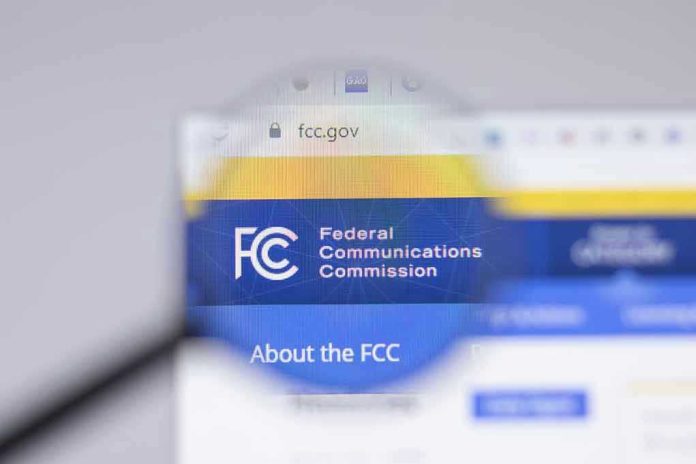
An investigation request by Arizona’s Senate President could spell trouble for PBS, stirring debates over media bias and fairness.
Story Highlights
- Arizona Senate President Warren Petersen calls for FCC investigation into Arizona PBS.
- Accusations of bias stem from a solo interview with Democratic candidate Katie Hobbs.
- No formal FCC action taken against Arizona PBS as of 2025.
- Ongoing debates about media impartiality and public broadcaster roles.
Petersen’s FCC Complaint Against Arizona PBS
In early 2023, Arizona Senate President Warren Petersen requested that the Federal Communications Commission (FCC) investigate Arizona PBS for alleged “viewpoint discrimination.” The complaint arose after the station offered a solo interview to Democratic gubernatorial candidate Katie Hobbs, who had declined a debate with Republican candidate Kari Lake. Petersen argues this indicates bias favoring Hobbs, challenging the broadcaster’s impartiality and compliance with federal standards.
The Arizona Clean Elections Commission, which organizes debates with Arizona PBS, suspended its partnership over the interview decision, further fueling the controversy. Despite these actions, no formal FCC decision has been reported by mid-2025, keeping the station’s license intact. This ongoing issue highlights tensions between media ethics, political strategy, and regulatory oversight in election coverage.
Background and Key Events
Arizona PBS, affiliated with PBS and operated by Arizona State University, has a history of hosting political debates. The 2022 gubernatorial race between Hobbs and Lake was marked by significant contention. Hobbs declined to debate, citing concerns about format and conduct, leading PBS to offer her a solo interview. This move was criticized by Lake and Republican officials, leading to the Clean Elections Commission’s temporary suspension of its relationship with the station.
This incident occurred amid national scrutiny of media impartiality, especially in swing states like Arizona. While disputes over debate formats are not new, direct appeals to the FCC for license revocation are rare. This situation has intensified discussions on media coverage fairness and the responsibilities of public broadcasters.
Ongoing Developments and Impacts
As of mid-2025, no formal action has been taken by the FCC to revoke or suspend Arizona PBS’s license. However, the debate continues, with Petersen and other Republicans criticizing the station and calling for increased oversight of public broadcasters. Arizona PBS defends its independence and editorial decisions, while the Clean Elections Commission reviews its policies without cutting ties permanently with the broadcaster.
Arizona senate president calls on FCC to revoke state's PBS license over 'viewpoint discrimination' https://t.co/A37cJSAW7e
— Fox News (@FoxNews) August 13, 2025
The situation underscores the delicate balance between ensuring media fairness and preserving editorial discretion. The controversy may have short-term effects, such as heightened scrutiny of public broadcasters and increased polarization over election coverage. Long-term, it could influence how debates are structured and how media entities handle politically sensitive interviews.
Sources:
Wikipedia entry on Warren Petersen’s political background and election-related activities
Fox News reporting on Petersen’s FCC complaint







